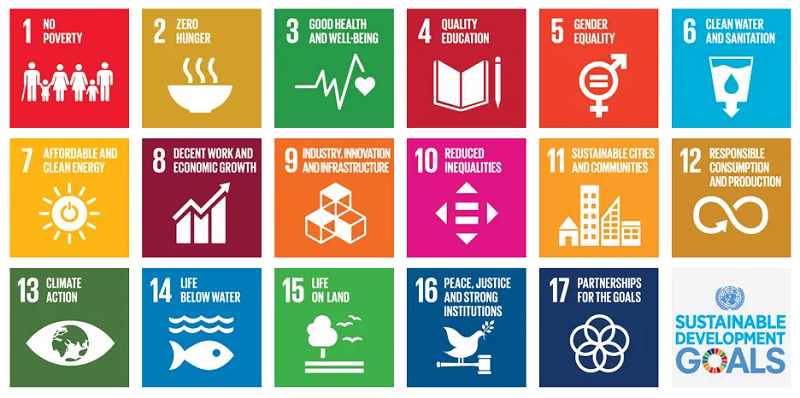An inclusive educator, Dr Akhere Aghedo-Akran, has called on teachers to approach teaching and learning with commitment in order to attain Sustainable Development Goals (SDGs) 4 in the education sector.

Aghedo-Akran, who made this call during an interview on Wednesday, May 7, 2025, in Lagos, submitted that genuine inclusion in education demands more than token efforts, saying that SDG 4 focuses on ensuring inclusive and equitable quality education and promoting lifelong learning opportunities for all.
She advocated a shift from competition to collaboration in schools, noting that a hyper-competitive environment undermined students’ mental health and fosters unhealthy rivalry.
The educator noted: “Inclusion is neither a favour nor an afterthought, but rather a right for every learner and a shared responsibility among all educators and stakeholders.
“When we choose justice over charity in our schools, we affirm the dignity of every child and lay the foundation for a more equitable society,” she said.
“Let us shift our thinking, seeing inclusion not as charity, but as justice. Every child deserves a space at the table and equitable access to educational content.”
Aghedo-Akran urged educators to ensure that every child was not only physically present in the classroom but also actively engaged, participating in lessons, forming friendships, and gaining the confidence to tackle life’s challenges.
“SDG 4 should not be a footnote in our school calendar; it must be the heartbeat of our collective mission. We no longer have the luxury of merely talking about equity in education, we must live it,” she noted.
Aghedo-Akran also called on school administrators, teachers, and support staff to work collaboratively to modify the learning environment, including timetables, teaching methods, assessments, and classroom layouts, to ensure full participation of all students, regardless of ability.
“We must guide every decision, from how we welcome children to how we structure each lesson. It’s time to go beyond warm words and lofty promises, we must work the talk,” she said.
“When competition becomes the sole measure of success, mental health is sacrificed on the altar of grades and trophies. Instead, let us celebrate the pupil who helps a classmate, the group that solves a problem together, and the peer who comforts someone in distress,” she said.
According to Aghedo-Akran, social integration skills and problem-solving abilities are just as vital as exam scores. She stressed the importance of recognising each child’s unique strengths, whether in storytelling, artistic expression, or logical reasoning, and designing lessons that allow them to thrive.
“Inclusion flourishes when we acknowledge and build on the unique gifts each child brings to the classroom. Our role as educators and parents is to nurture potential, not to fit every child into the same standardised mould,” she added.
Aghedo-Akran also called for policy reforms and institutional support, including regular professional development for teachers in inclusive pedagogy.
She also called for greater collaboration with special-needs experts to integrate differentiated teaching strategies, visual, auditory, and kinaesthetic, into daily instruction.
“Parental involvement must go beyond signing homework diaries. It includes understanding each child’s strengths, communicating regularly with teachers, and ensuring that Individualised Education Plans (IEPs) are more than just paperwork,” she said.
She concluded by calling on policymakers and planners to embed inclusion in school funding formulas, curriculum design, and teacher training standards.
“SDG 4 demands measurable targets—such as a percentage of classrooms equipped for learners with disabilities, quotas for special-needs specialists in every district, and annual audits of school climate and accessibility,” Aghedo-Akran said.
By Millicent Ifeanyichukwu
